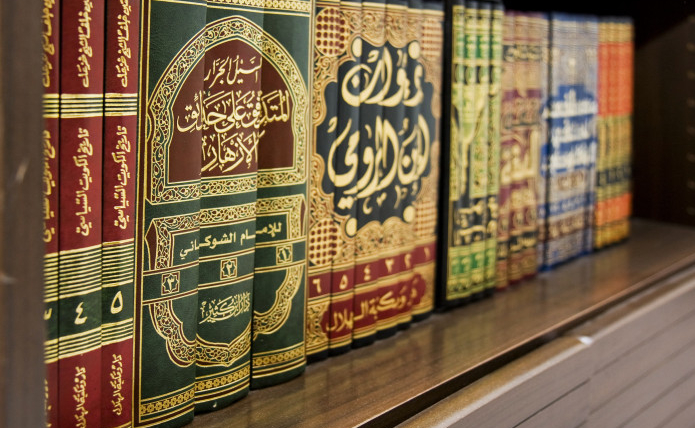The principles of ‘aqeedah are those which Allah has commanded us to believe in, and as defined by the Prophet (peace and blessings of Allah be upon him)So in Islam, ‘aqeedah refers to the matters which are known from the Quran and sound ahadeeth, and which the Muslim must believe…










